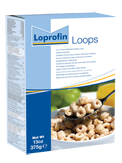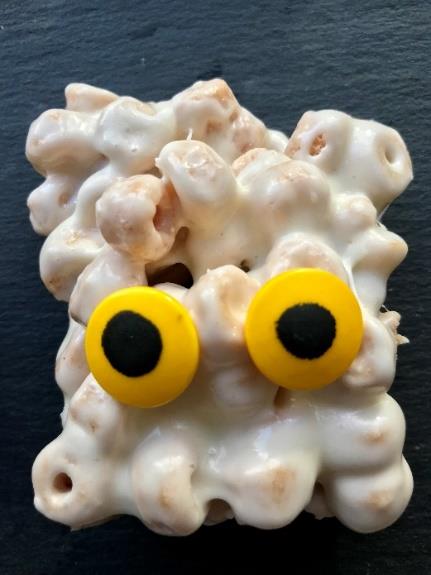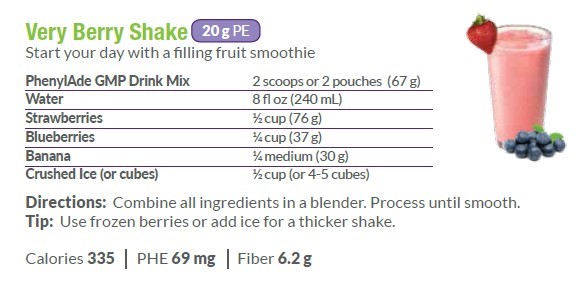
We talked about general topics of sports nutrition in our last blog — let’s now discuss what is important BEFORE, DURING and AFTER exercise for people with an inborn error of amino acid metabolism such as Phenylketonuria (PKU), Maple Syrup Urine Disease (MSUD) or Homocystinuria (HCU).
Before getting started, it is important to know that you should always talk to your metabolic healthcare team before changing any exercise or diet routine. The information here is not meant to take the place of professional medical advice.
HYDRATION: Drink water before, during and after physical activity to stay hydrated
When our body temperature increases through exercise, we tend to sweat more and lose electrolytes. This can lead to dehydration and negative health effects.
Don’t just trust your thirst but have a regular schedule for drinking water. Start hydrating before exercise. The intensity of your exercise will determine how much you should drink before, during and after exercise. Your dietitian will guide you.
For those with PKU and Tyrosinemia (TYR), remember to choose drinks that are aspartame‐free as this artificial sweetener contains phenylalanine (PHE).
Nutrition BEFORE exercise: It’s all about the fuel

Start well‐fueled. For most athletes that means a carbohydrate‐containing meal and some protein (from metabolic formula and food) a few hours before exercise.
Not providing enough calories for sports can be problematic for people with a disorder of amino acid metabolism. The body could start breaking down body protein, and toxic substances might increase in the body.
Low protein pasta dishes are excellent choices for high‐carbohydrate meals; low protein baked goods are also great, delicious options. Check out our recipe ideas.
Metabolic formula provides a safe, appropriate source of protein, and a certain amount of formula (as recommended by your dietitian) should be used a few hours before exercise as part of a regular meal pattern. Think about making a smoothie with formula to give you some extra calories. Certain metabolic formulas also provide carbohydrates, so check with your dietitian about which options are best for you.
If a light snack is needed shortly before starting exercise, consider low protein crackers, fruits, a low protein snack bar or So Delicious® coconut milk yogurt alternative*.
Nutrition DURING exercise: Keep it going!
Hydration is key of course, and some people might also benefit from appropriate snacks with long‐term, high intensity exercise. Fruit juices or carb gels may be good options as they provide carbohydrates and some calories for energy. Your dietitian may also recommend a sports drink depending on your needs.
Nutrition AFTER exercise: And now about recovery
After exercise or sports, it is important to refuel—and that can be done with metabolic formula and food. Formula can provide an immediate boost of protein and other nutrients. Calories are needed to keep your body from breaking down too much body protein from muscles, which could result in an increase of toxic substances and be harmful to your health. For some people, it might be best to have a snack right after exercise.
Once you are home, have a proper meal such as: low protein pasta, a low protein sandwich, veggie chili or a fruit smoothie made with metabolic formula.
When it comes to metabolic formula, Nutricia offers a variety of options to choose from to meet your protein needs! Ready‐to‐drink products such as PhenylAde® GMP Ready and Periflex® LQ (for those with PKU) or Lophlex® LQ (available for those with PKU, HCU, TYR and MSUD) are great options to carry with you to practice or a game. Put them in a lunch bag to keep them cool if you like.
PKU PhenylAde GMP Mix‐In is a super‐convenient option to add straight into a sports drink after your game. Nutricia offers a Mix‐In product for the Tyrosinemia community as well called TYR Lophlex GMP Mix‐In.
We also offer formulas that provide more calories if that is what you need. Check out our options, and talk to your dietitian about which one is best for you.

We hope you or your loved one can find inspiration to explore more sports and fitness opportunities! Check out our Facebook page and share what exercise, sports, and activities you and your family do.
All products shown are medical foods for the dietary management of inborn errors of metabolism and must be used under medical supervision.
Always talk your metabolic healthcare professionals before making any changes to your activity or diet routine.
*So Delicious® coconut milk yogurt alternative is an affiliated Danone brand.
© Nutricia North America 2019

Written by: Ulrike Reichert, MS, Director Medical Affairs Keto/Metabolics Nutricia North America




























 However, it was not always that way for her. As a teen, she was concerned about fitting in and that meant eating foods that were not part of a low protein diet. She quickly found herself going off-diet. She knew that keeping her PHE levels in check was important to her future dreams of going to college.
However, it was not always that way for her. As a teen, she was concerned about fitting in and that meant eating foods that were not part of a low protein diet. She quickly found herself going off-diet. She knew that keeping her PHE levels in check was important to her future dreams of going to college.